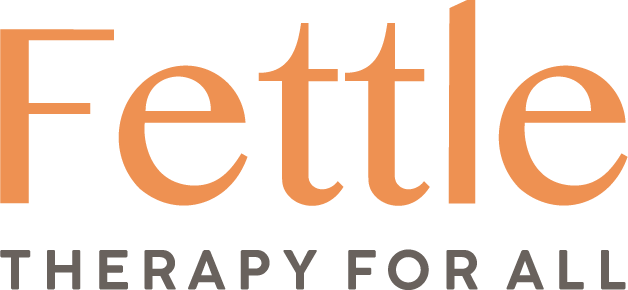Tips for Coming Out of Lockdown
Not sure about how you feel about the COVID-19 pandemic lockdown easing? We share our tips on managing any anxiety this may bring up.
Go at your own pace
As lockdown restrictions are set to begin to lift, many of us are looking forward to seeing our friends and getting back to activities we’ve missed over the last year. But for many the idea of returning to old routines, or doing things that we haven’t done for a while, can cause anxiety or stress.
While some people will want to take every opportunity to get out, others feel unsure and reluctant about socialising. Just as it took time for you to adapt to a new way of living during lockdown, it may take some time to adapt to life changing again – and that’s okay.
Keeping safe
Throughout the last year we’ve needed to create new habits to keep us safe. Although the vaccine is being rolled out ever more widely, and lockdown restrictions are set to start easing we’ll still need to maintain some of these measures to stop the virus spreading. While having had the coronavirus vaccine is helpful and reassuring, you still need to follow current guidance on social distancing, washing your hands, and wearing a face covering. That way we can all help keep each other safe.
Going Shopping
If you feel ready to start going out to the shops again, these tips could help keep you safer:
Choose times of day when it won’t be so busy, like early in the morning or later in the evening
Choose shops that are quieter, or have more space for shoppers to socially distance
Wipe down the handles of your trolley or basket (many supermarkets provide sanitising gel and wipes for you to use)
Do one big shop instead of lots of small ones
Use contactless payment instead of cash are some of these measures to stop the virus spreading.
How to deal with social anxiety
Try to ease back into social situations gradually and start small if you can. It can be helpful to think about what you do and don’t want to do socially, and to set some goals for yourself. Try to remind yourself of the last time you have fun with friends so you remember what you can look forward to. It probably isn’t helpful to avoid social situations completely, but if you want to say no to some things that you don’t think you’ll enjoy, or don’t feel ready for, that’s okay.
Some things may be different in future – like whether people hug each other, or mask wearing. It may be useful to remember that there will be other people feeling as unsure as you are. Trying to focus on putting the other person at ease can be a good way of managing your own social anxiety, as well as being helpful to them.
Eating Out
Plans to reopen pubs and restaurants are underway. If you want to go out and enjoy yourself, these things may help to ease your anxiety.
Go at a quieter time, for example a weekday rather than a weekend evening
Sit outside rather than inside, and if possible
Sit facing away from people you don't live with
Use hand sanitiser when you arrive, and also wash your hands before and after eating
Use contactless payment rather than cash.
However, if you don’t feel ready yet to meet family or friends in a pub or restaurant, give yourself some time to get used to the idea of going out again to socialise.
Managing your mental health
If you are worried about your mental health, feeling low in mood, anxious or depressed, or unable to cope, it’s important that you get the right support.
Speak to your GP - Your GP is there to support you with your mental health. They can help understand what you’re going through.
Talk to a therapist. If you don't already have a therapist/counsellor you can view Fettle's therapists and book an appointment to speak with one our qualified/accredited psychotherapists at www.fettle.ie.



